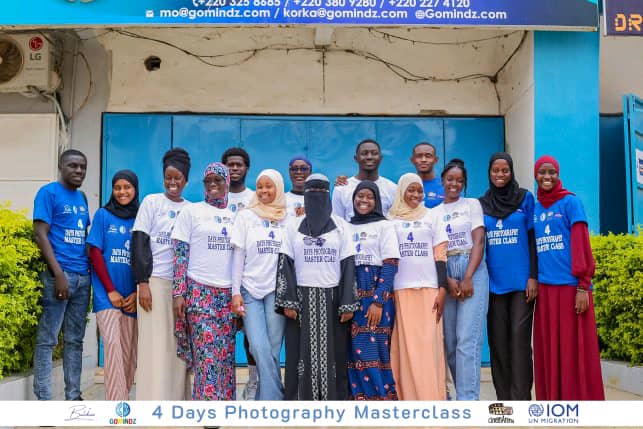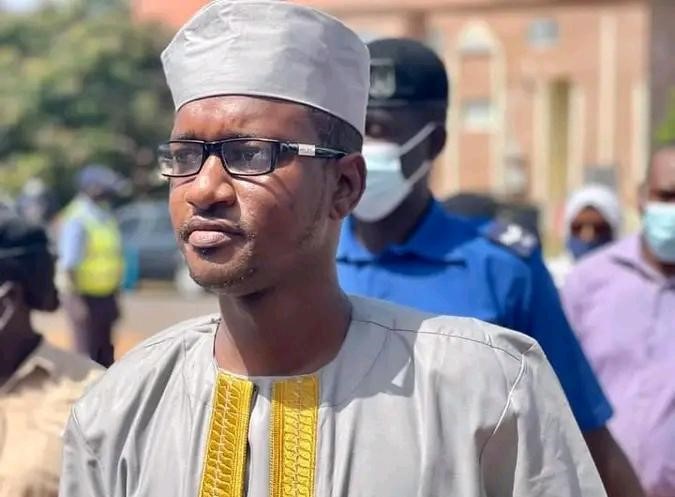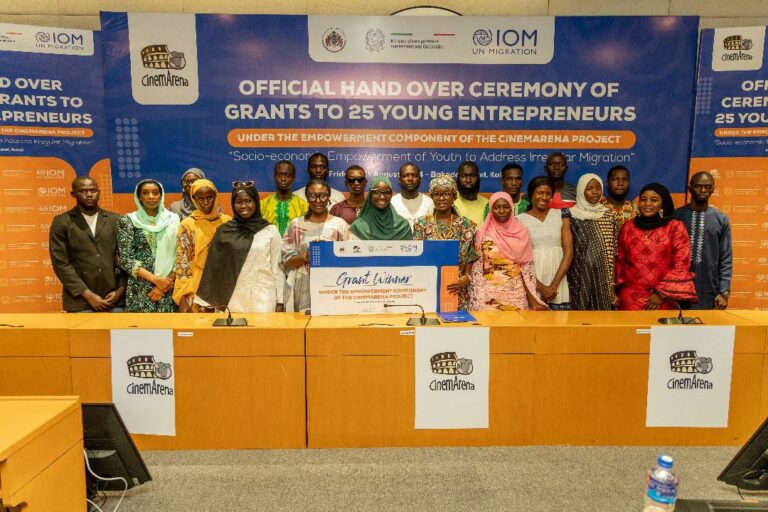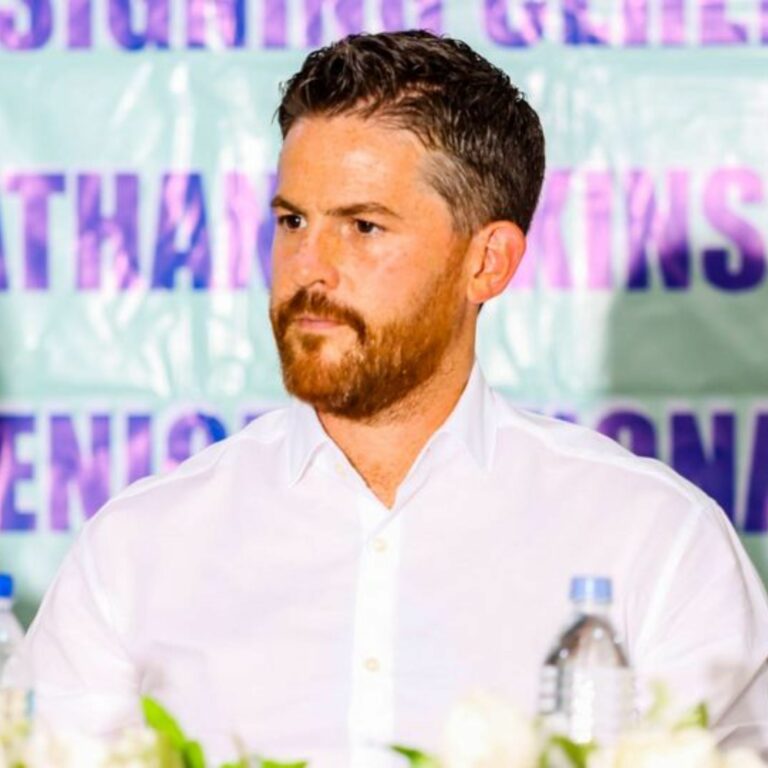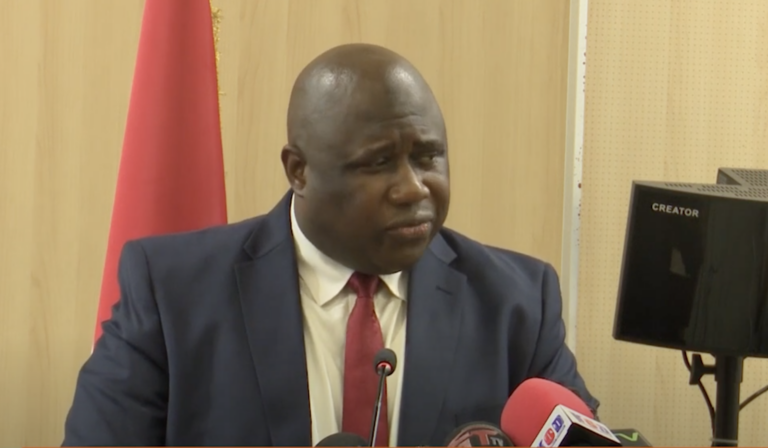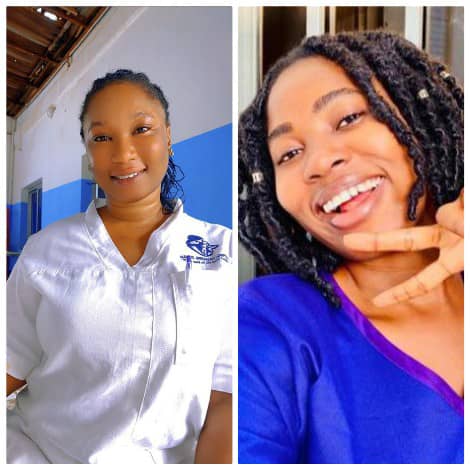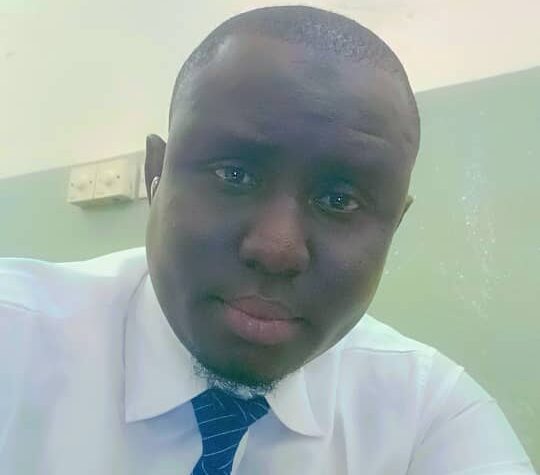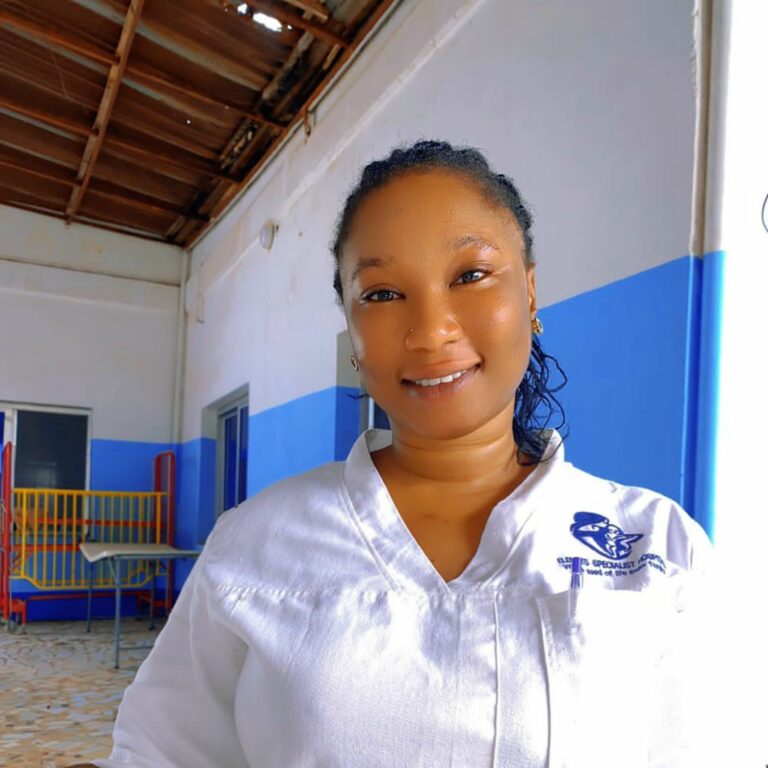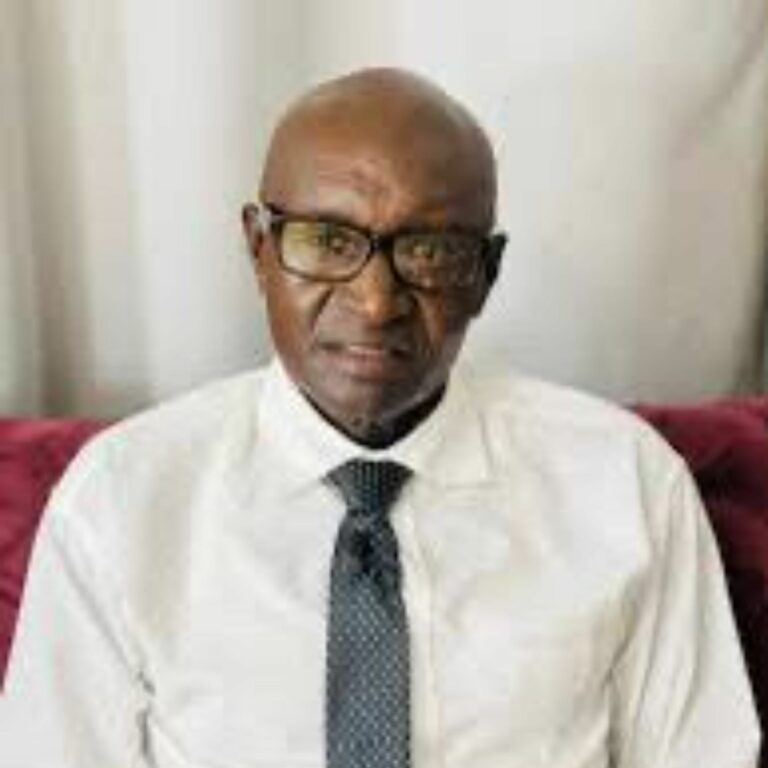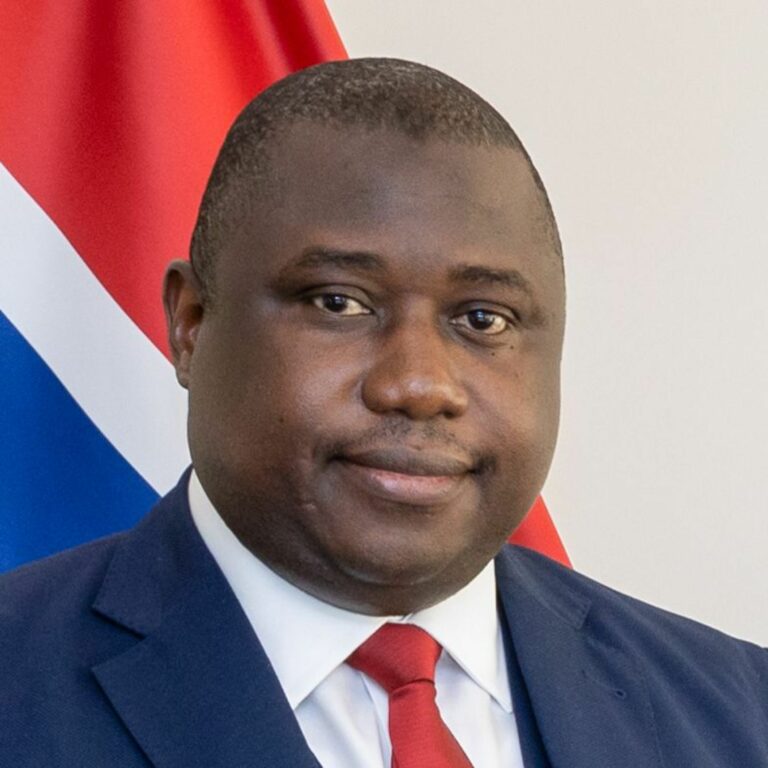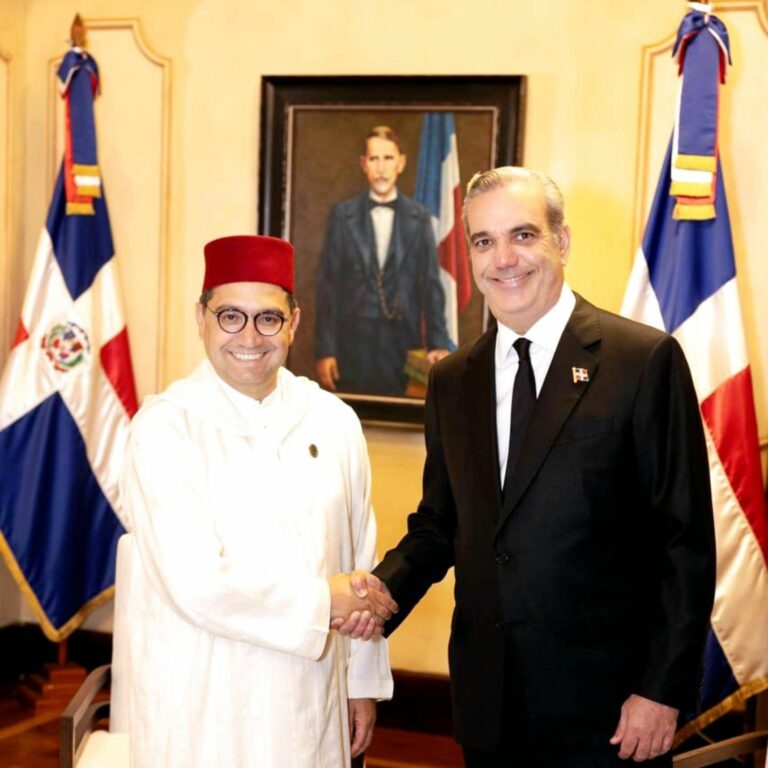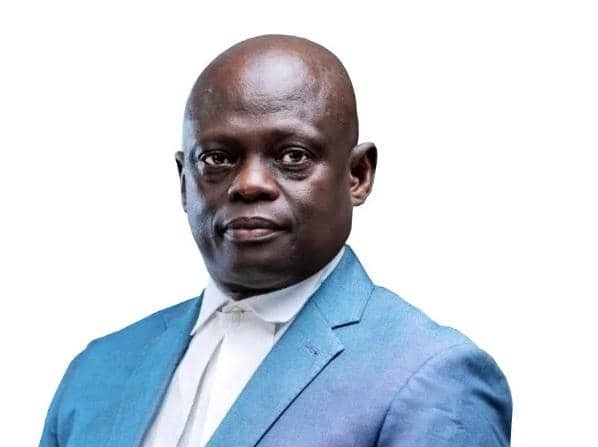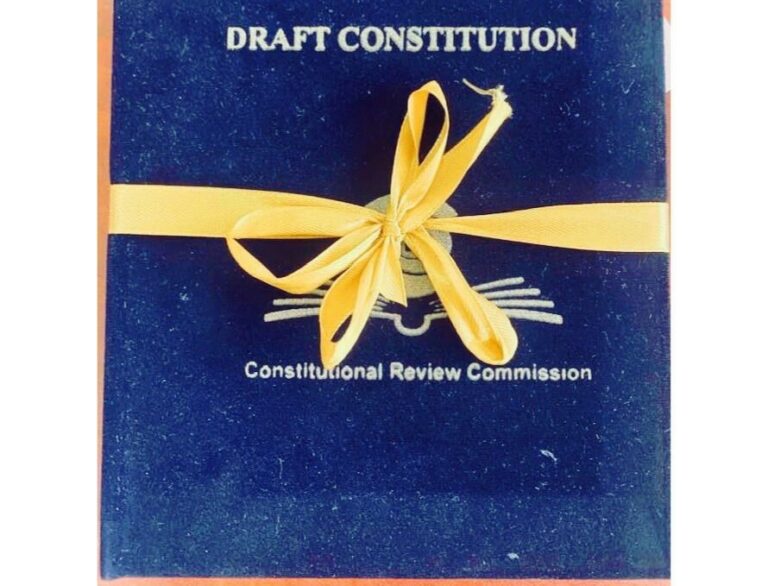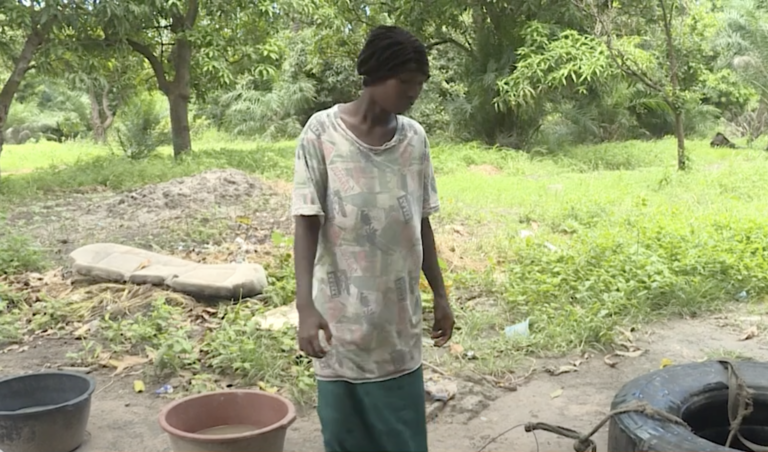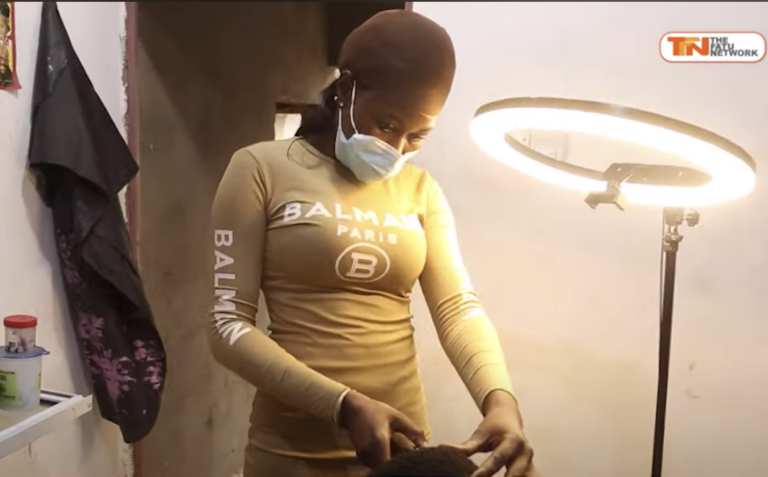By: Michaella Faith Wright
Sarjo Baldeh, CEO and founder of Baldezz Multimedia, has successfully concluded a four-day master class training for photographers in The Gambia. The event aimed to equip participants with essential photography skills, covering everything from camera components to advanced editing techniques. Baldeh, a sports photographer herself, rated the event 9 out of 10, praising the determination and passion displayed by the participants throughout the training.
Speaking to The Fatu Network, Sarjo Baldeh highlighted the success of the program, noting how it exceeded her expectations. “I have seen their level of determination and how seriously they took their projects. On the third day, some participants even chose to stay and work on their assignments instead of going home. Their commitment was inspiring, and I believe this project will go far.”
The master class covered a variety of photography fundamentals, including camera components, composition, studio photography, editing, and lighting. Baldeh emphasized the practical nature of the training, allowing participants to actively engage in real-world photography scenarios, such as beach assignments and environmental photography. On the final day, participants presented their projects based on the theme of the master class.
Despite the overall success, Baldeh noted some initial challenges in selecting participants for the class. “At first, it was difficult to find students who were genuinely interested. I used WhatsApp to post about the class, asking people why they wanted to learn photography. It was a mix of photographers, journalists, and students, which made the selection process more challenging.”
Participants, however, demonstrated their enthusiasm and passion for photography, which Baldeh said was encouraging. “The feedback I received was that they were excited to learn and wanted to continue improving their skills. I’m happy to see how much they’ve grown in just four days.”
The master class was supported by IOM Gambia and Cinema Arena, who provided resources and opportunities for the participants to continue their careers in photography. Baldeh expressed gratitude to the sponsors, noting that photography in The Gambia is still developing and that such initiatives create valuable opportunities for aspiring photographers.
Among the participants was Fatou B. Camara, a sports journalist, who described her experience as transformative. “I’ve always taken photos, but I never considered the importance of detail. This training has taught me how to tell a story through photos without needing to write a single word.”
Another participant, Alieu Camara from Gomindz, praised the training for improving his understanding of photography. “This training has enlightened me on things like lighting, which I didn’t fully grasp before. I’m now more confident in my photography skills and ready to share what I’ve learned with others.”
The master class concluded with participants reflecting on their personal growth and sharing stories of how the training has impacted their lives. Baldeh encouraged aspiring photographers to continue honing their skills, reminding them that with passion and dedication, they can reach their goals.
In her closing remarks, Baldeh said, “Always try to learn new skills, and thank you to all the participants for making this event successful. The world is waiting to see what you have to offer, and I’m ready to embrace anyone willing to learn.”

